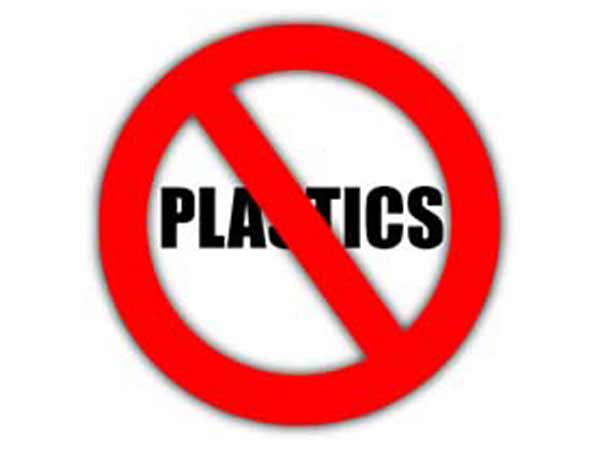List of banned single-use plastic items not comprehensive; multi-layer packaging real menace: CSE

- Country:
- India
The list of single-use plastic (SUP) items being banned from July 1 is not comprehensive as it excludes multi-layer packaging which is the real menace when it comes to plastic contamination, green think tank Centre for Science and Environment (CSE) said on Wednesday.
In an August 2021 notification, the Union environment ministry had defined SUP commodities as “plastic items intended to be used once for the same purpose before being disposed of or recycled”.
The notification had also put forward a plan for phasing out selected SUP items.
The ban that comes into effect from July 1 covers items such as plastic carry bags (less than 75 microns in thickness, to be revised to 120 microns in December 2022), earbuds, plastic crockery items (spoons, plates, glasses), straws, and certain kinds of plastic packaging material.
One of the main concerns with the ban is the fact that the list of banned items is not comprehensive, said Siddharth Singh, program manager, Solid Waste Management unit, CSE.
For one, the list does not include multi-layered packaging (MLP). CSE researchers pointed out that MLP is used in almost all fast-moving consumer goods, from chips to shampoos to gutka pouches.
CSE director general Sunita Narain said, “This (MLP) is the real menace when it comes to plastic contamination, because these items are almost impossible to collect and absolutely impossible to process.'' ''The only thing that can be done with this packaging material is to send it to cement plants for incineration,” she said.
The government says that all packaging material has been included as part of the extended producer responsibility (EPR) notification.
Under this, the companies that manufacture or consume this material are required to take it back and send it for reprocessing and annual targets have been fixed for companies on how much is to be recollected.
Narain said while this sounds good on paper, there are huge problems in the way EPR has been designed or is being implemented.
“For instance, there is no information on the quantity of this plastic material or the waste the company generates. Not only is it based on self-declaration, but there is nothing available in the public domain to assess its accuracy. This means the target that has been set for each company is meaningless,” she said.
“Worse, under EPR, companies are required to recycle or reprocess the material they collect only by 2024. The question, then, is what is happening to the plastic waste that is being collected -- is it being stored or dumped?” Narain said.
One of the plastic items to be banned is plastic straws and giant FMCG (fast-moving consumer goods) companies are claiming that these are an inherent part of the product packaging and have a low littering propensity. These companies are seeking an extension of six to twelve months on the ban.
However, CSE researchers rubbished the claim, and pointed out that the industry has already received an extension of six months, with the deadline moved from January 1, 2022 to July 1, 2022.
(This story has not been edited by Devdiscourse staff and is auto-generated from a syndicated feed.)
ALSO READ
ISL: Chennaiyin FC end Northeast United's playoff hopes, consolidate top-6 position with hat-trick of wins
AAP supporters worldwide condemn arrest of Arvind Kejriwal; observe day of fast in solidarity
US Women's Players Association Stands in Solidarity with LGBTQ Community
ADB upgrades India's GDP growth forecast for FY25 to 7%, solidifying its position as a key growth engine in APAC region
Viet Nam’s economy to Post Solid Growth amid External Uncertainties










